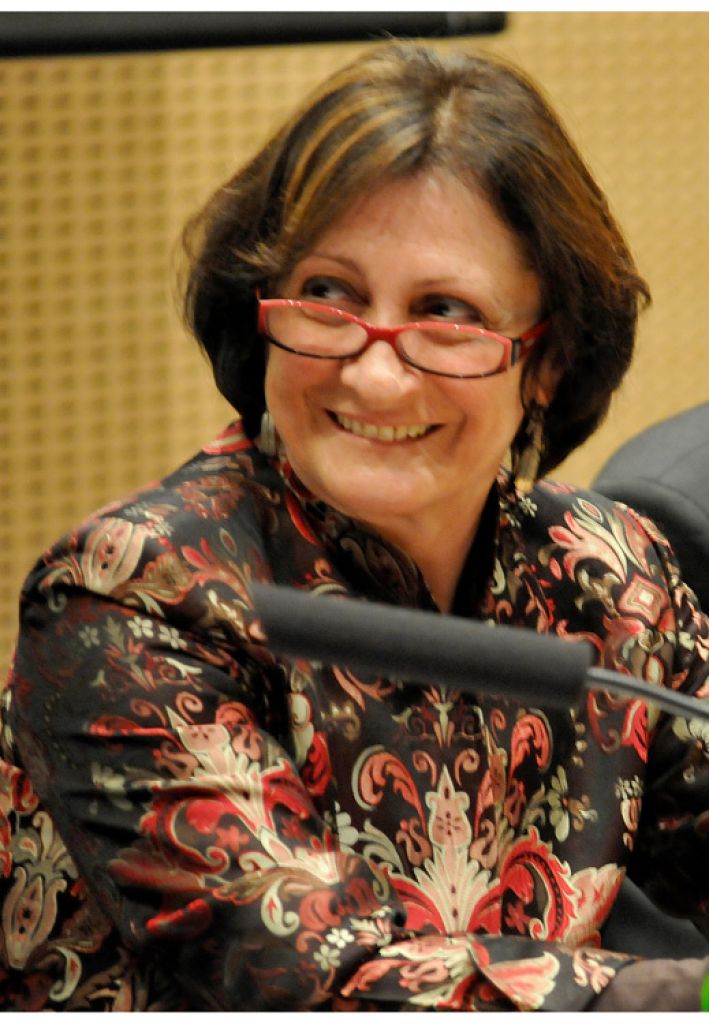
Edit András is a Hungarian art historian, curator and critic. She lives in Budapest and in Long Island, NY. She has been affiliated with the Institute of Art History, Research Centre for the Humanities of the Hungarian Academy of Sciences (Budapest) as a senior research fellow. She is a visiting professor at History department, Central European University, Budapest. She holds a PhD in art history from Eötvös Loránd University, Budapest. Her main interest concerns Eastern and Central European art, gender issues, socially engaged art, public art, critical theories, post-socialist condition and nationalism in the region.
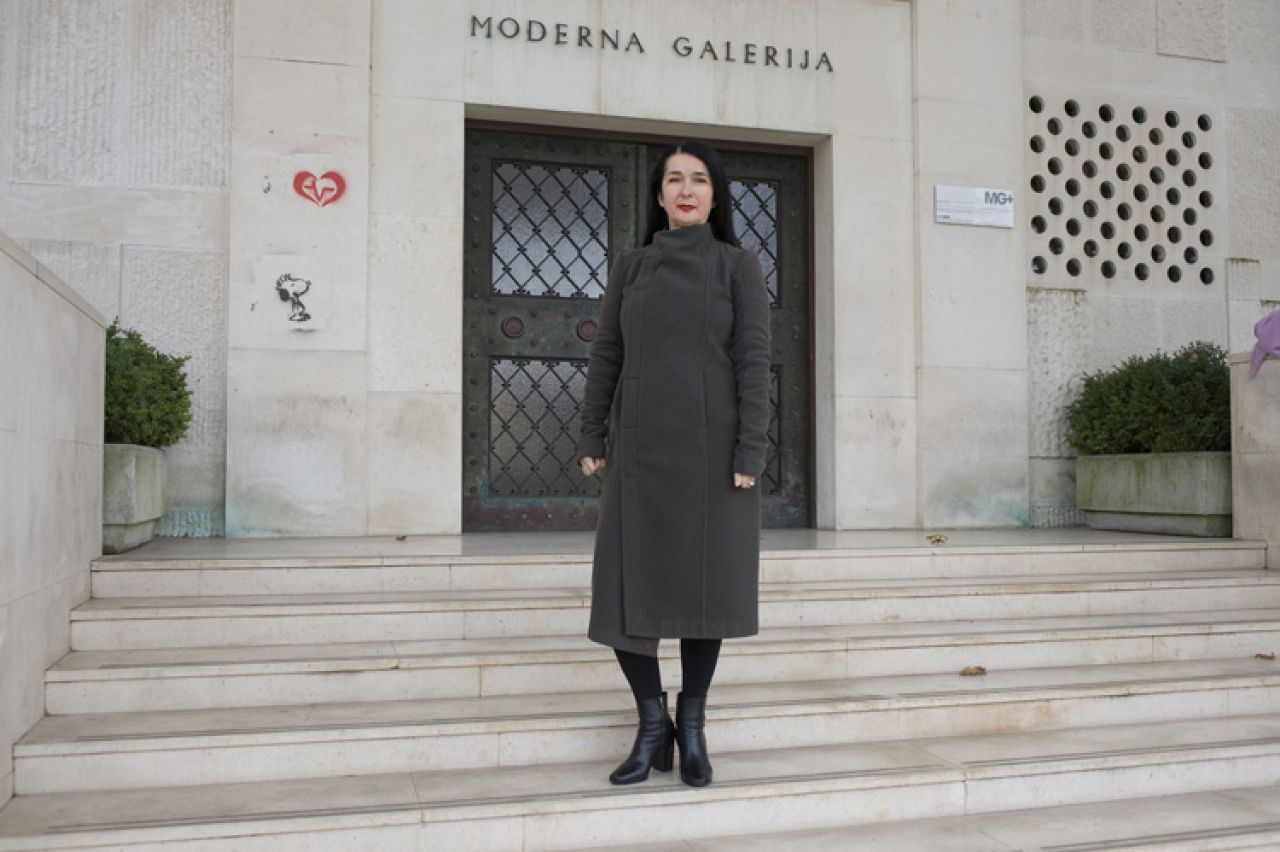
Zdenka Badovinac is a curator and writer, who has served since 1993 as Director of the Moderna galerija and the Museum of Contemporary Art Metelkova in Ljubljana. Curated numerous exhibitions presenting both Slovenian and international artists. She initiated the first collection of Eastern European art, Moderna galerija’s 2000+ Arteast Collection. She has been systematically dealing with the processes of redefining history and with the questions of different avant-garde traditions of contemporary art, first with the exhibition Body and the East – From the 1960s to the Present, staged in 1998 at Moderna galerija, Ljubljana. She was the Slovenian Commissioner at the Venice Biennale (1993–1997, 2005) and Austrian Commissioner at the São Paulo Biennial (2002). From 2011-2013 Zdenka Badovinac was president of CIMAM .
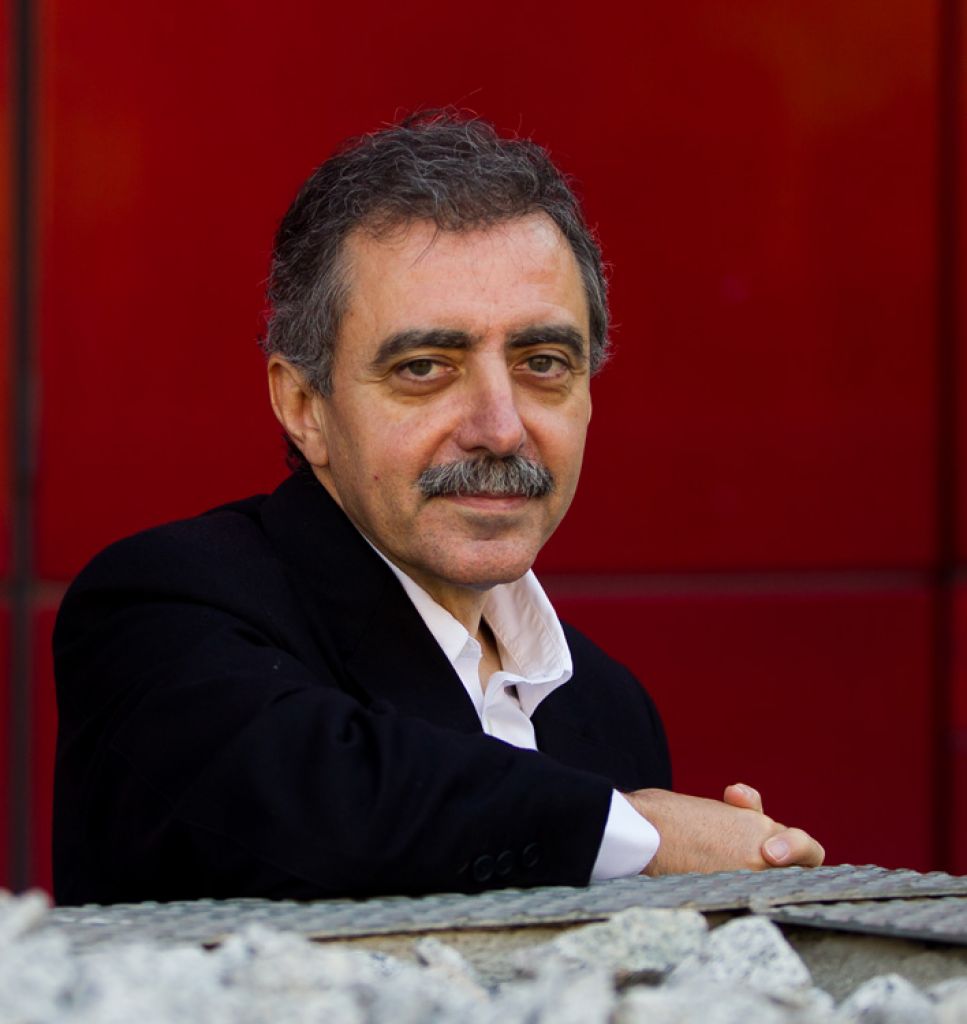
Manuel J. Borja-Villel is the director of the Museo Nacional Centro de Arte Reina Sofía (MNCARS) from 2008. He was awarded a Fulbright Scholarship between 1981 and 1983.In 1989 he received a PhD degree on Art History from the Graduate School of the City University of New York. He was director of the Fundació Antoni Tàpies (Antoni Tàpies Foundation) in Barcelona from 1990 until July 1998. From July 1998 until January 2008 he directed the Museu d’Art Contemporani de Barcelona (MACBA. He was president of the CIMAM (International Committee for Modern Art Museums and Collections, linked to ICOM) from August 2007 to November 2010. He is currently a member of several international organisms, like the Foundation for Arts Initiatives.
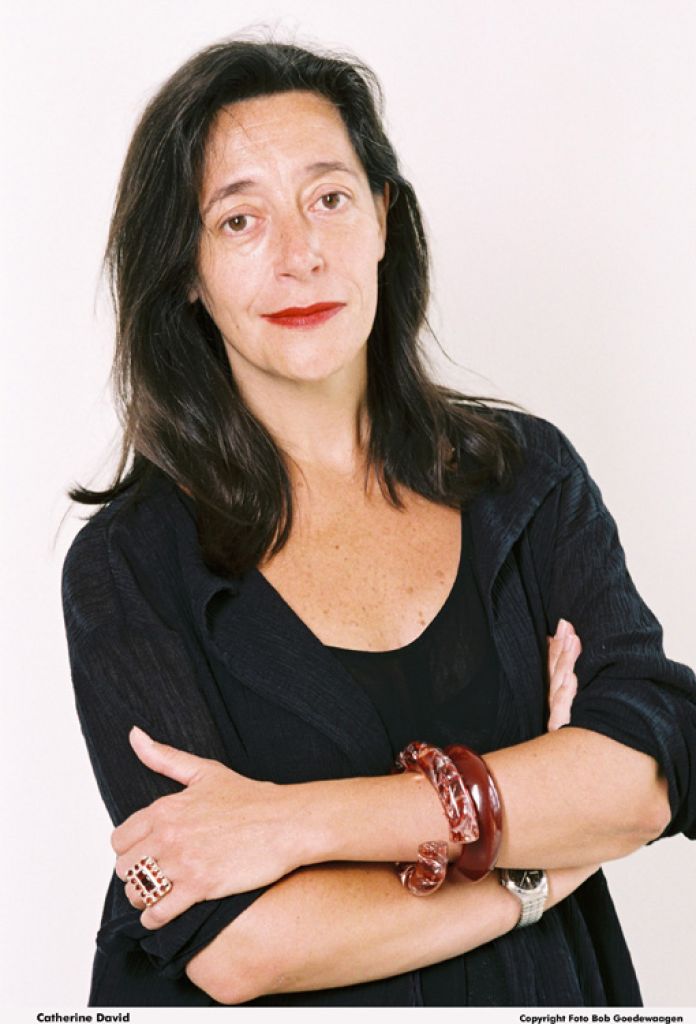
Catherine David is the deputy director of the National Museum of Modern art - Centre Georges Pompidou- Paris from 2014, where she was a curator from 1982-1990. From 1990 - 1994 she was a curator at the Galerie Nationale du Jeu de Paume, from 1994/1997: Artistic Director - Documenta X in Kassel Germany. In 1998 she was a director of the long-term project Contemporary Arab Representations, produced by Tàpies Foundation in Barcelona and shown in Barcelona /Tapiès Fondation, Berlin /KWand Umëa / Bild Museet. From 2002- 2004 she was the director of Witte de With Rotterdam in the Netherlands.
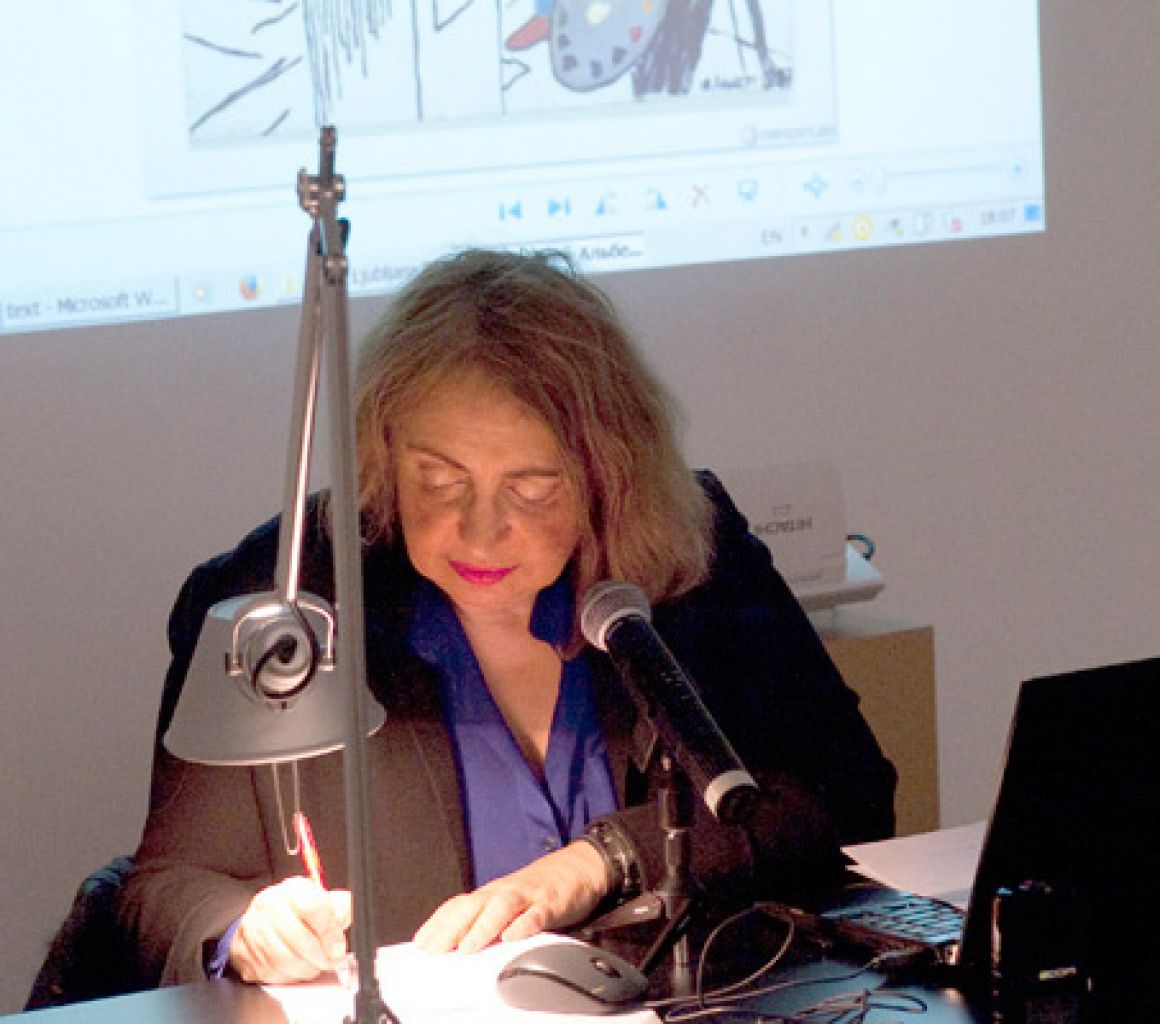
Ekaterina Degot is an art historian, writer and curator. She is Artistic Director at the Academy of Arts of the World, Cologne, and professor at the Rodchenko Moscow School of Photography. Her work focuses on aesthetic and sociopolitical issues in Russia, predominantly in the post-Soviet era. Her recent curatorial projects include: Monday Begins on Saturday, First Bergen Assembly, Bergen, Norway, 2013 (with David Riff); Art After the End of the World, the discussional platform of the Kiev Biennial of Contemporary Art Arsenale, 2012; Auditorium Moscow in collaboration with Warsaw Museum of Contemporary Art, Moscow, 2011 (with Joanna Mytkovska and David Riff). She co-edited Post-Post-Soviet?: Art, Politics and Society in Russia at the Turn of the Decade (Chicago University press, 2013). Degot lives and works in Cologne and Moscow.
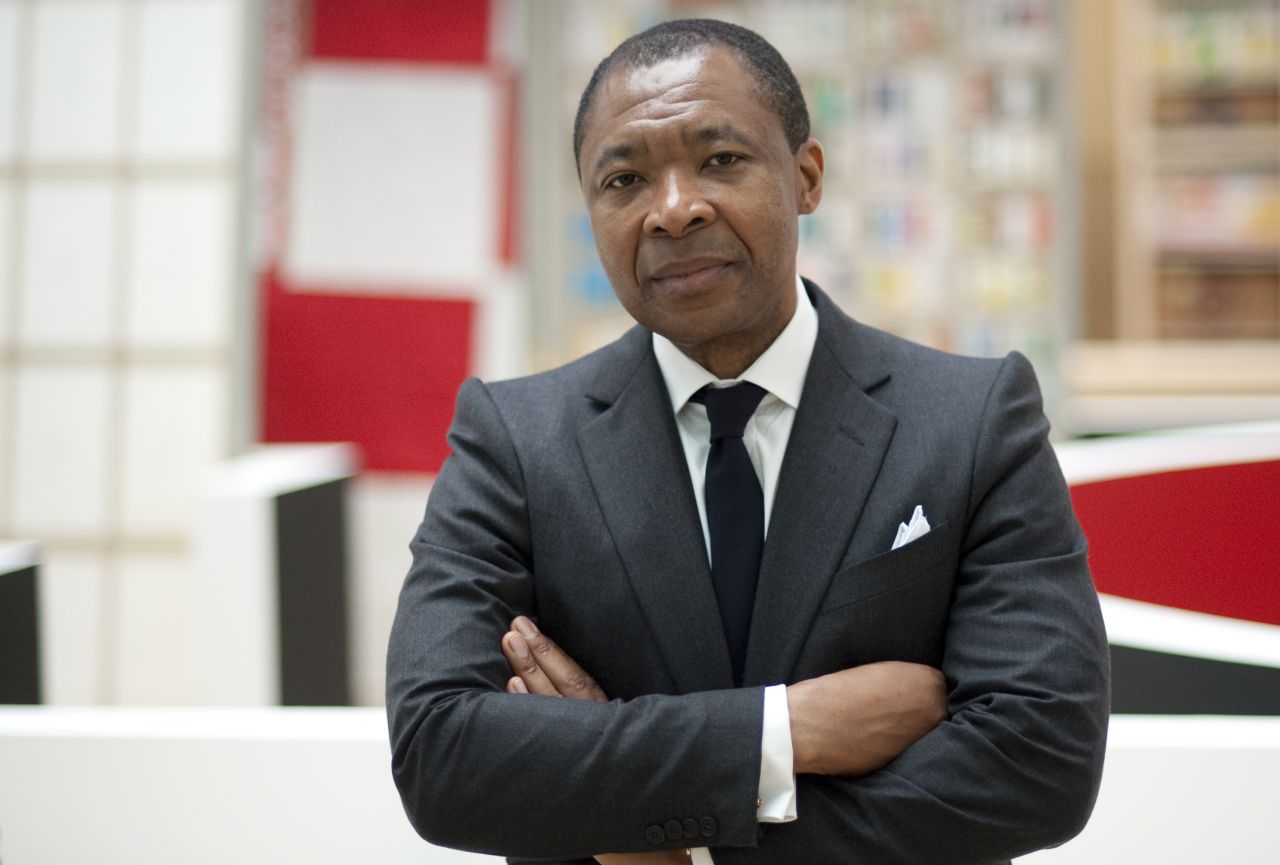
Okwui Enwezor is Director of Haus der Kunst, Munich. In 2015 he was Director of the Visual Arts in the 56th Biennale of Venice. He served as Artistic Director of several international exhibitions, including La Triennale 2012, Paris; 7th Gwangju Biennale; 2nd Seville Biennial; Documenta 11, Kassel; and the 2nd Johannesburg Biennial, among others. He is the former Dean of Academic Affairs and Senior Vice President of the San Francisco Art Institute, and his academic positions include Visiting Professor at Columbia University, New York; the University of Pittsburgh; and the University of Illinois at Urbana-Champaign. Enwezor was Kirk Varnedoe Visiting Professor at the Institute of Fine Arts, New York University; and in 2013 Global Distinguished Professor at the Department of Art History at New York University.
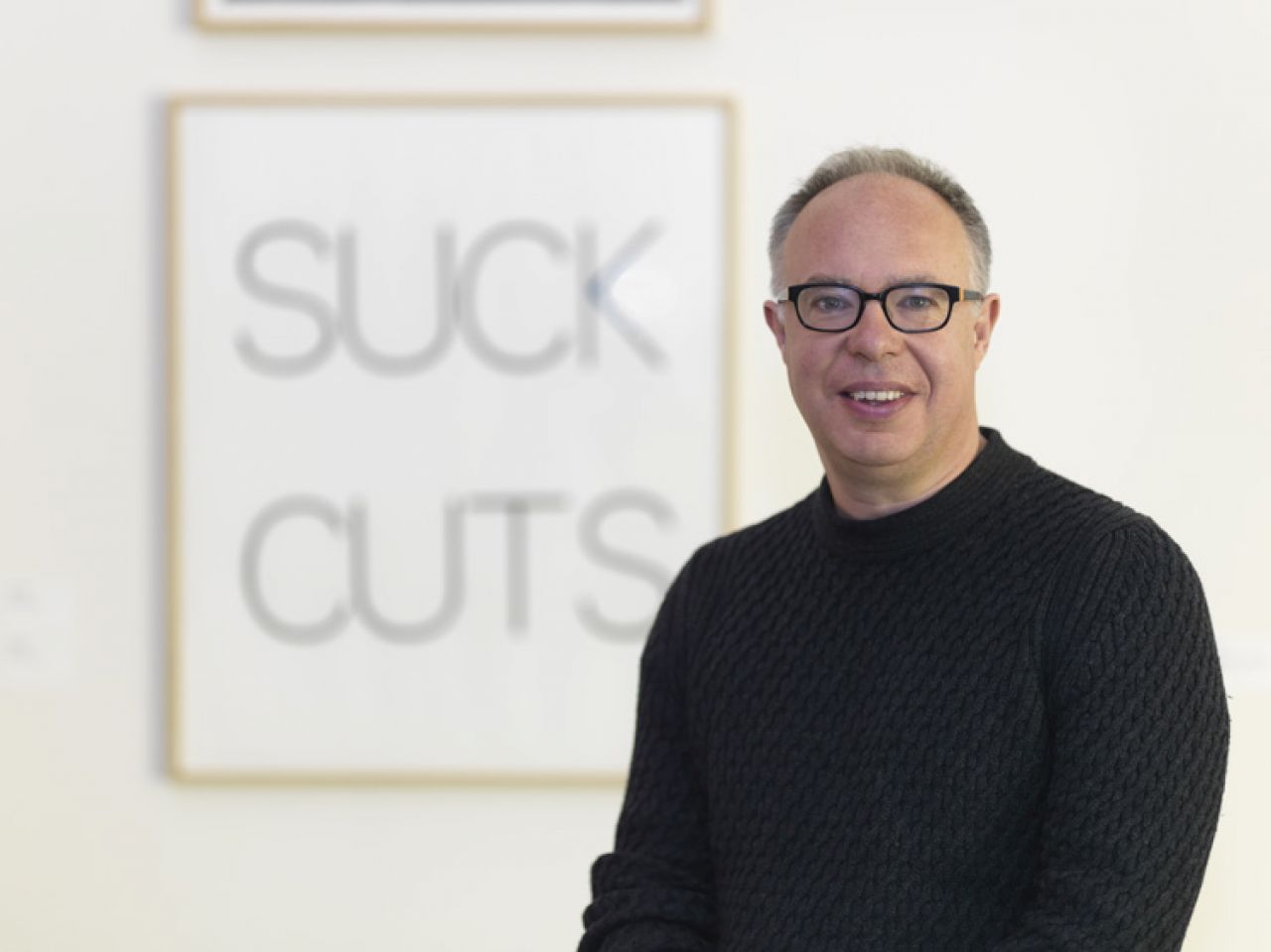
Charles Esche is a curator and writer. He is director of the Van Abbemuseum, Eindhoven and co-editorial director of Afterall Journal and Books based at Central St.Martins College, London. In addition to his institutional curating, he has (co-) curated a number of international exhibitions including Le Musée Égaré, Toulouse (2016); Jakarta Biennale (2015); Sao Paulo Biennale, (2014); U3 Triennale, Moderna Galerija, Ljubljana (2011); Riwaq Biennale, Ramallah (2007 & 2009); Istanbul Biennale with Vasif Kortun (2005); Gwangju Biennale (2002). He teaches at Central Saint Martins College, London and Jan van Eyck Academy, Maastricht. He is on the board of L'internationale confederation and chair of CASCO, Utrecht.
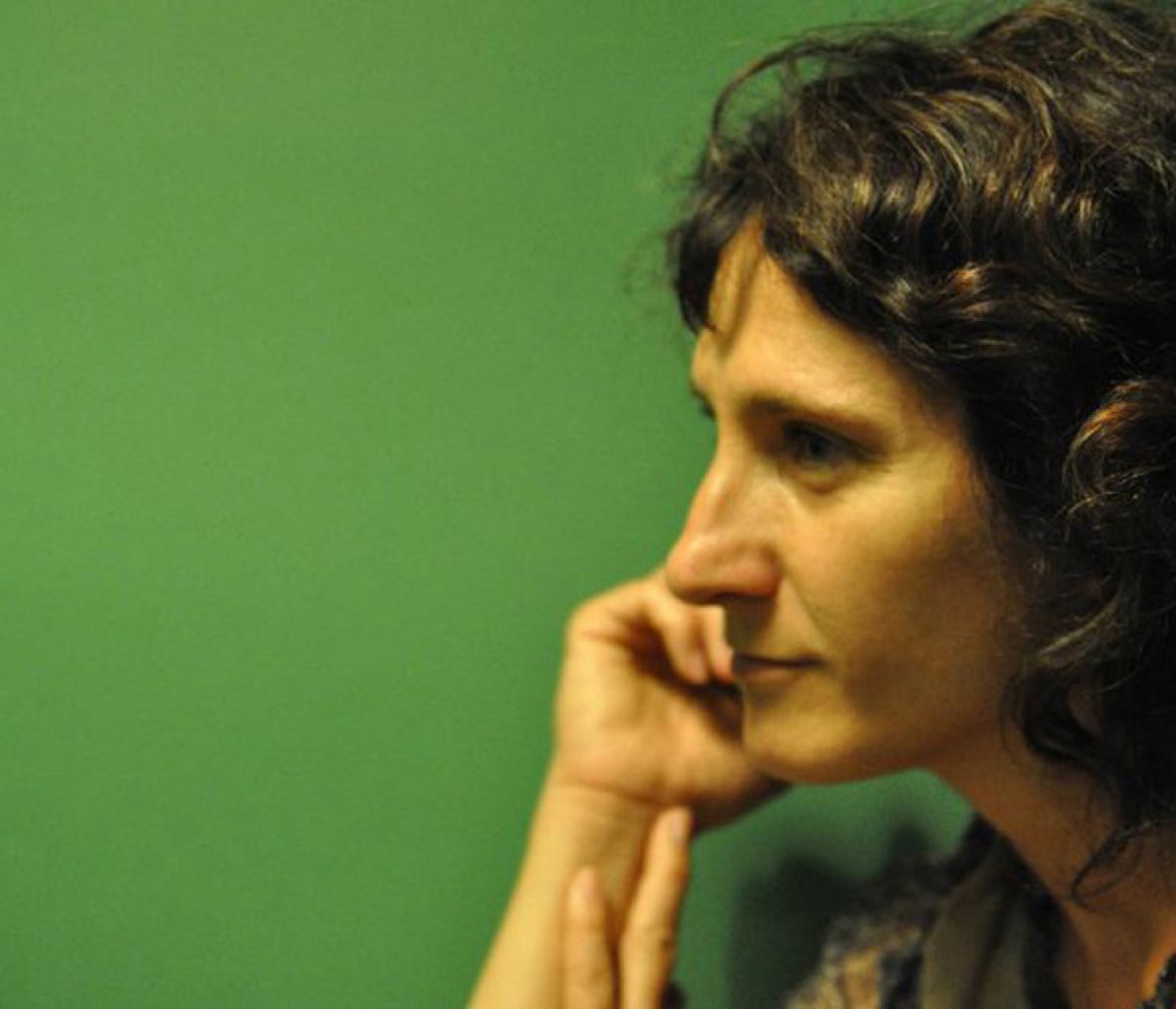
Beáta Hock is currently a research associate at the Leipzig Centre for the History and Culture of East Central Europe, contributing to the work of the research cluster “Transnationalisation and cultural identities” with two projects: Inscribing Eastern Europe into a socialist world through art and “Art-Artist-Politics: Icons in shifting relationship”. She earned her doctoral degree in Comparative Gender Studies at the Central European University, Budapest and lectured at the Central European University, the University of Fine Arts, both in Budapest; and at the University of Leipzig. In 2015/16 she was Marie-Louise Motesiczky Visiting Professor at The Courtauld Institute of Art/University of London. Her areas of research and teaching include art history, feminist cultural theory, and the cultural dimensions of the global Cold War.
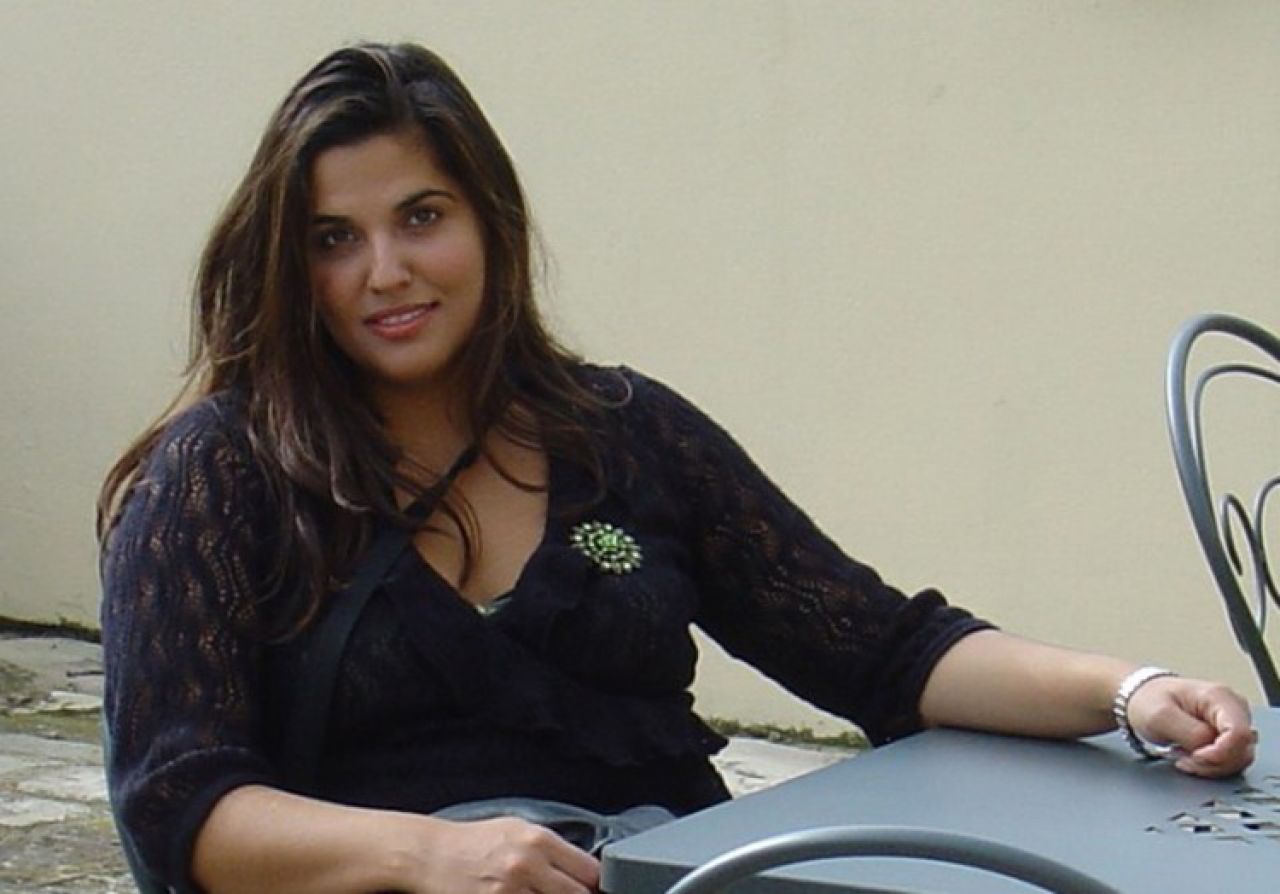
Tímea Junghaus is an art historian and curator based in Budapest. She curated the First Roma Pavilion (2007) at the 52nd Venice Biennale and is co-editor of the comprehensive publication on European Roma visual art, Meet Your Neighbours: Contemporary Roma Art from Europe (2006). She has researched and published extensively on the conjunctions of modern and contemporary art with critical theory, with particular reference to issues of cultural difference, colonialism, and minority representation. Since 2010 she is employed as a researcher of the Institute for Art History, at the Hungarian Academy of Sciences. She received the Kairos-European Cultural Prize in 2007 and is the founding director of the European Roma Cultural Foundation, a Budapest-based independent NGO, which established Gallery8 – Roma Contemporary Art Space. In 2012 the European Roma Cultural Foundation was the grant recipient of the Igor Zabel Award for Culture and Theory.
Magdalena Radomska is Post-Marxist art historian and historian of philosophy, Assistant Professor at Adam Mickiewicz University in Poznan, Poland. She holds a PhD in art history, and has received scholarships at the Courtauld Institute of Art in London, the Hungarian Academy of Sciences in Budapest and at the Eötvös Loránd University in Budapest. She was a director and lecturer of the course Writing Humanities after the Fall of Communism in 2009 at Central European University in Budapest. In 2013 her book The Politics of Movements of Hungarian Neoavantgarde (1966-80) was published. Currently Radomska is engaged in a research on the Post-Communist art in Post-Communist Europe (grant received from the National Science Center) and criticism of capitalism in art (book: he Plural Subject: Art and Crisis after 2008) and - as her second PhD – she is writing a monograph on Post-Marxism. She is a member of both Polish and Hungarian AICA and editor of magazine Czas Kultury.
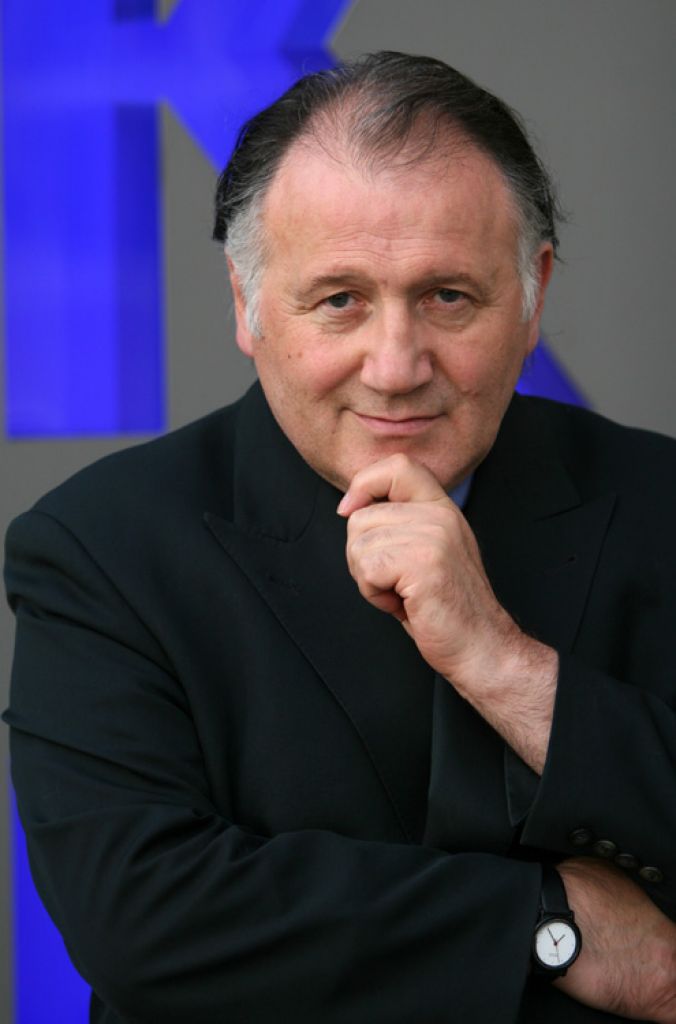
Peter Weibel is a chairman and CEO of the ZKM | Center for Art and Media Karlsruhe since 1999. Since 1984, he has been a professor at the University of Applied Arts Vienna. From 1984 to 1989, he was head of the digital arts laboratory at the Media Department of New York University in Buffalo, and in 1989 he founded the Institute of New Media at the Städelschule in Frankfurt on the Main, which he directed until 1995. Between 1986 and 1995, he was in charge of the Ars Electronica in Linz as artistic director, and from 1993 to 1999 he commissioned the Austrian pavilions at the Venice Biennale. He was artistic director of the Seville Biennial (BIACS3), in 2008 and of the 4th Moscow Biennale of Contemporary Art, in 2011. From 1993 to 1998 he was chief curator of the Neue Galerie Graz. From 2015 onwards, he is curator of the lichtsicht 5 – Projection Biennale in Bad Rothenfelde. In 2015 he was appointed as Honorary Member of the Russian Academy of Arts in Moscow.
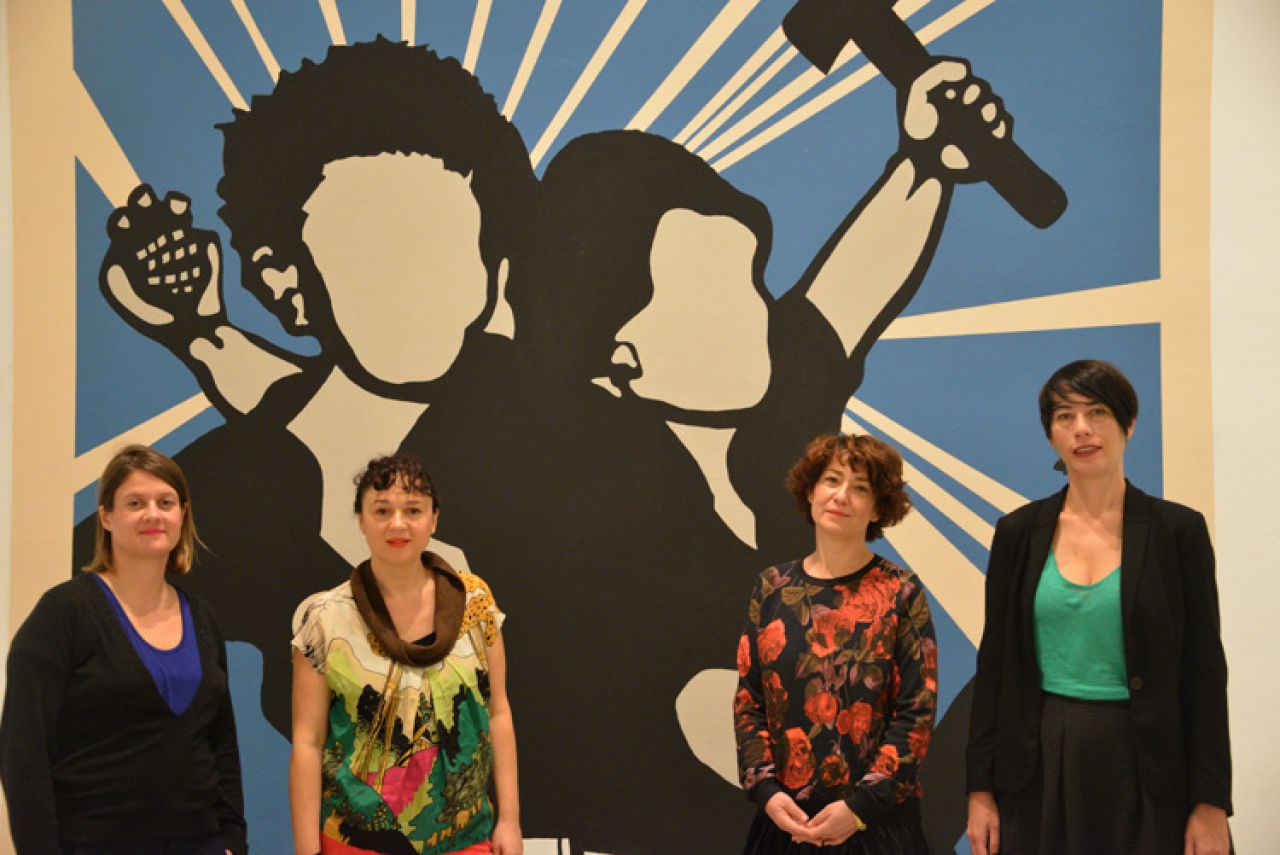
What, How & for Whom/WHW is a curatorial collective formed in 1999 and based in Zagreb and Berlin. Its members are Ivet Ćurlin, Ana Dević, Nataša Ilić and Sabina Sabolović, and designer and publicist Dejan Kršić. WHW organizes a range of production, exhibition and publishing projects and directs Gallery Nova in Zagreb. From its beginnings WHW has been developing models based on collective way of working, creative use of public space and collaboration between partners of different backgrounds. Primarily shaped by the format of the exhibition, WHW projects have been conceived as platforms for progressive modes of cultural production and reflections of social reality.